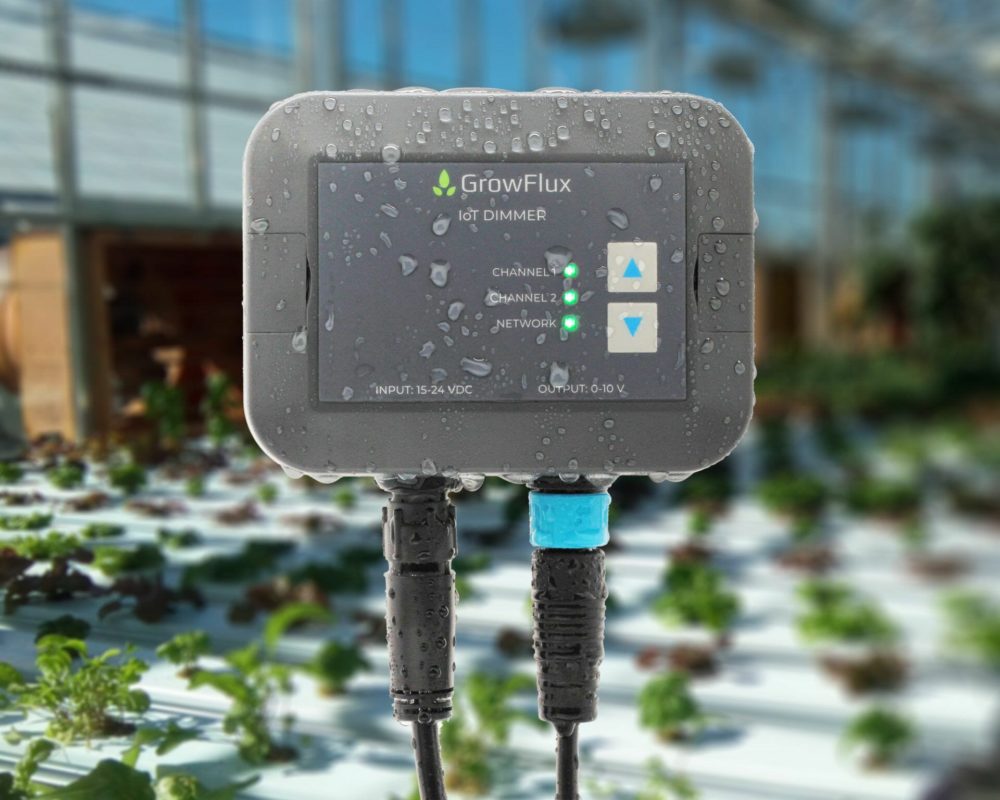A welcome impact from the Covid-19 pandemic has been clearer skies and returning wildlife to usually polluted areas after industry, transport systems, and more shut down across the world, reducing carbon emissions.
Today marks two months since the UK’s electricity industry last used coal; the longest period since the Industrial Revolution began more than 200 years ago and well beyond the 18 days, 6 hours and 10 minutes record which was set in June last year, according to the BBC. Renewable and nuclear energy have stepped in to make up the shortfall in a trend that’s been particularly pronounced in the US where renewables supplied more energy than coal for the first time ever this year.
Agriculture’s impact on the environment, particularly surrounding its carbon emissions, has been flung into the spotlight in recent years, particularly by alternative meat and animal products startups keen to promote the environmental credentials of their plant-based or cultivated alternatives. But of course, even a plant-based diet has carbon emissions associated with it, from the fertilizer and pesticides applied in the production process, to its transport to end markets. Plant-based products and diets are also not always affordable or accessible to certain demographics who may live in food deserts.
Indoor agriculture has long been a potential solution to food deserts and many of the carbon emissions related to crop production, making it an interesting prospect for city planners and city-based corporates. But the energy consumption associated with the production system, specifically related to lighting and climate control systems, has left much to be desired; not least because the costs involved have stunted the growth of viable business models.
Further, energy demand from these indoor farms is only set to increase as the need for more localized production in certain regions across the world has been highlighted during the Covid-19’s disruption of traditional supply chains; Singapore is a case in point.
“With over 8.6 terrawatt hours of energy consumed by horticultural lighting systems in emerging indoor farms and greenhouses in the US in 2019, utility companies are hard-pressed for rapidly scalable energy management tools that meet the needs of growers,” says Eric Eisele, CEO of GrowFlux. GrowFlux is an agtech startup focused on smart lighting controls for the horticulture industry working to significantly reduce the cost of lighting automation and its energy needs.
GrowFlux, a Philadelphia-based startup, was therefore immediately of interest to Exelon, the nuclear energy provider that claims to have the largest number of electricity and natural gas customers in the US, after it launched a new startup incubator late last year aimed at reducing greenhouse gas emissions and bolstering urban centers. GrowFlux is part of the first cohort of Exelon’s $20 million Climate Change Investment Initiative (2c2i) and recently received $100,000 in cash as well as in-kind services such as legal and advisory as part of the program.
“When we think about food & ag, we think about there being a mitigation and adaptation benefit from helping to advance the indoor ag industry for food. [By growing food close to city centers] there’s a climate change mitigation benefit from the decreased emissions related to traditional, carbon-intensive farming methods of harvesting, planting and transporting food from rural areas to cities,” Exelon Corp SVP Chris Gould told AFN. Indoor ag, where farming environments can be completely controlled, is also a good mechanism to adapt to climate change, he added.
“GrowFlux specifically can increase yields in indoor farming making it more economical for city centers and where it can serve often underserved communities fresh and healthier foods.”
GrowFlux says its technology allows even the smallest farms and upstarts to build advanced controlled environment agriculture automation without millions in venture funding. Its approach is different from the traditional high-level objective of optimizing climate control towards a constant set point; instead it aims to respond more dynamically to crops’ needs via distributed sensor data and cultivar specific crop models. “Crop responsive environmental controls have the potential to result in tremendous resource efficiency, creating opportunities to grow new crops in greenhouses, reducing the operating cost of existing CEA, and reducing the capital costs associated with CEA,” reads the company website.
“We reduce cost with cloud-based control (as opposed to cloud-connected control), which is new to the industry. This strategy is unique from our competition, which are essentially boutique engineering firms that do a full range of automation services using on-site controls that are slow to scale and come at a significantly higher cost,” added Eisele.
2c2i is a partnership between Exelon and its foundation and involves $10 million in funding from the foundation and $10 million in-kind contribution of pro-bono services from the corporation, such as mentorship and access to the company’s venture capital and R&D departments.
“Our partnership with Exelon Foundation will help GrowFlux advance its energy savings and energy management solutions, and allow our customers to drive down their operating costs and carbon footprint associated with greenhouse and indoor agriculture,” said Eisele about the investment. “We believe their guidance on energy management strategy is just as valuable, if not more valuable than the cash.”
2c2i is focused on innovations that will positively impact the cities in which Exelon operates, including Atlantic City, Chicago, Baltimore, Philadelphia, Washington, D.C., and Wilmington. Innovations must also have the potential to mitigate greenhouse gas emissions; boost the resiliency of urban infrastructure (e.g., the power grid, transportation systems, buildings, vacant land) against flood, stormwater and rising temperatures; help cities, businesses and communities adapt to climate change; or help achieve a state or city’s specific sustainability and climate goals. External consultant Freshwater Advisors selected a shortlist to pitch in front of the Exelon team.
“We also consider and have selected startups from outside of our cities, but in that regard we ask them to have a line of sight on one of our cities, with hope of attracting them to region to set up an office,” said Gould.





